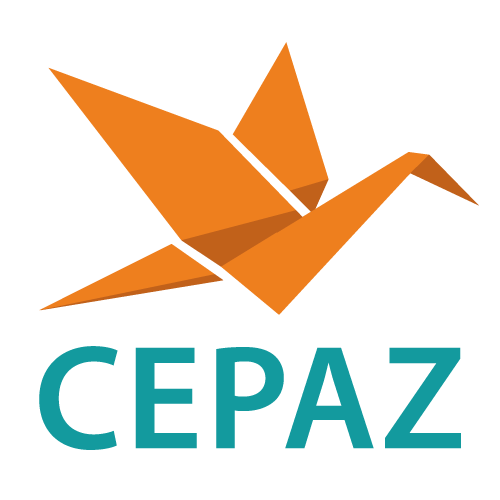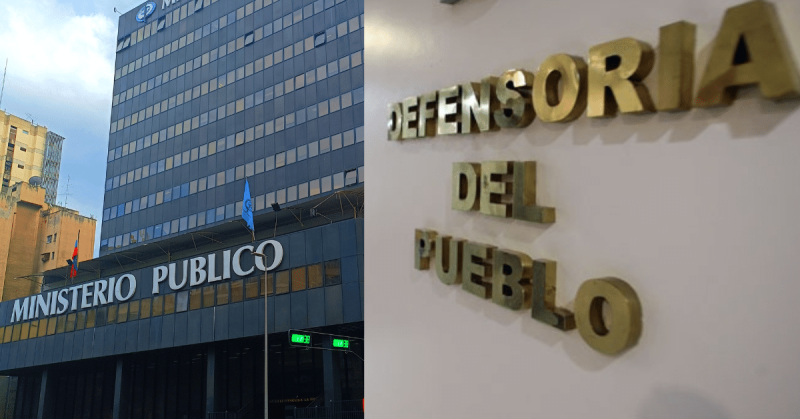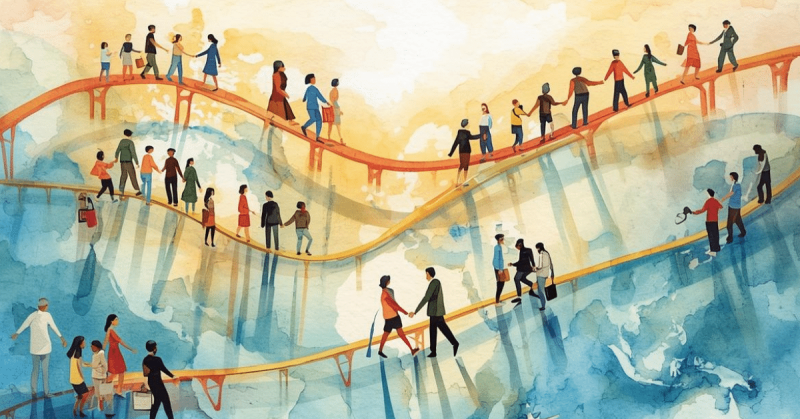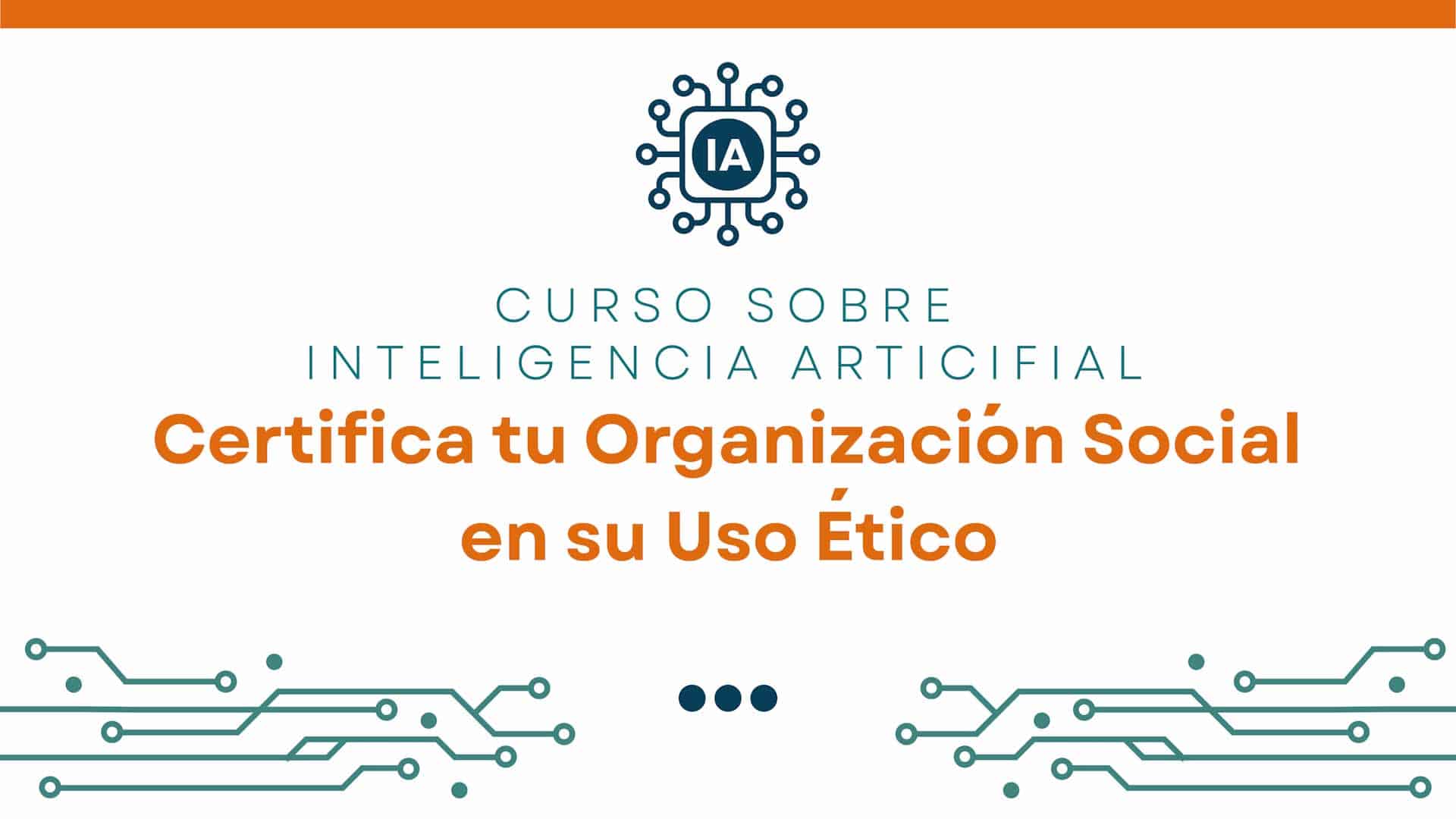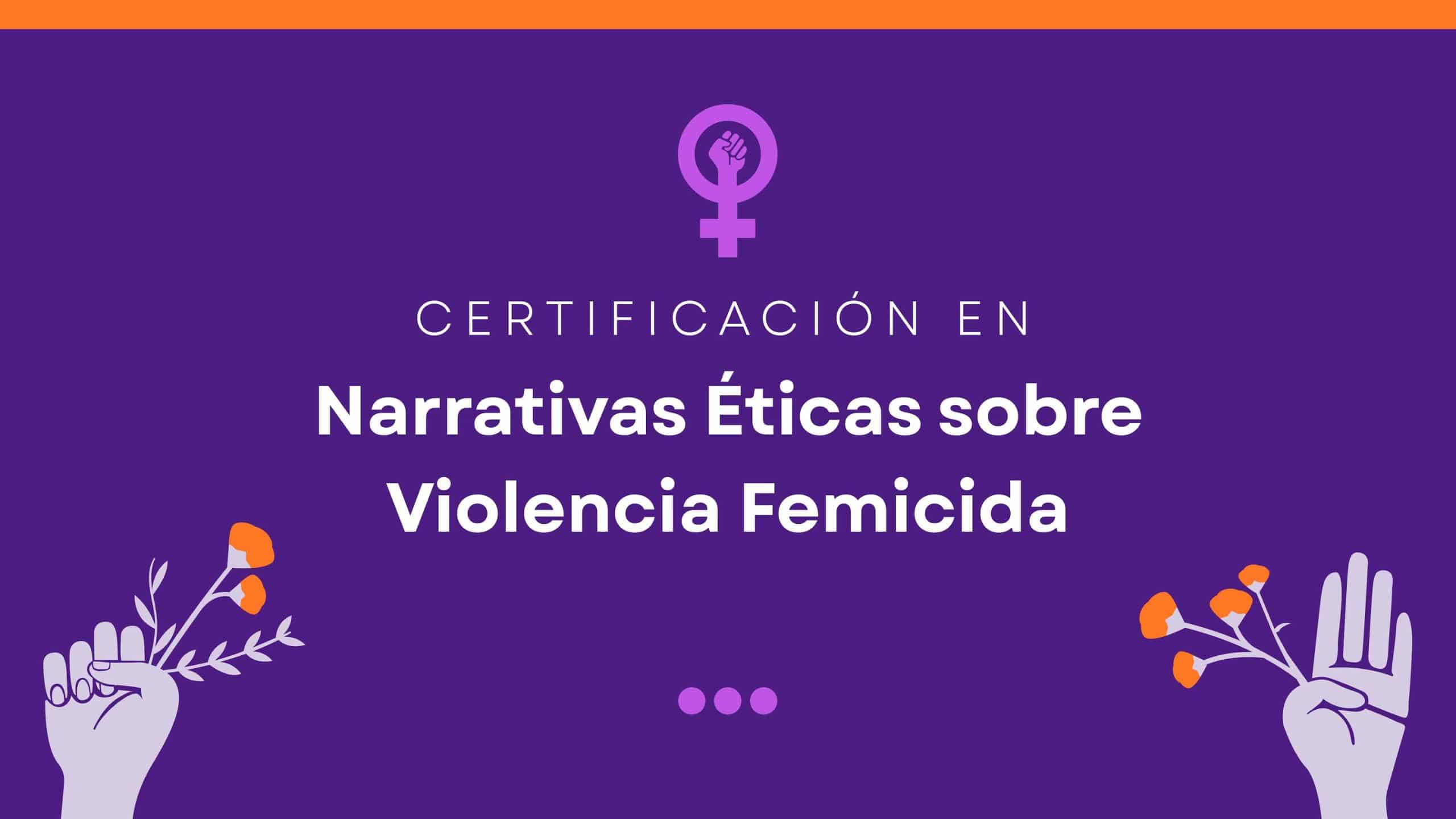El futuro de Venezuela es un tema difícil y con mucha incertidumbre, sin embargo, muchas voluntades venezolanas están pensándolo y haciendo acciones para construirlo.
1) Las parlamentarias 2020 han sido una oportunidad perdida para que los venezolanos avancemos en el cambio político y salgamos de la dinámica de la inercia y empate catastrófico que vive el país, y que logremos salir de esto, a través de la recuperación de la vía democrática y del voto como herramienta legítima y pacífica. Aunque inicialmente este evento fue concebido como parte de un acuerdo y en las organizaciones de la sociedad civil trabajamos para que se diera dentro del marco de la institucionalidad. El nombramiento del Consejo Nacional Electoral (CNE) por parte del Tribunal Supremo de Justicia (TSJ) truncó esa posibilidad. En consecuencia, se fracturaron gravemente las condiciones para que este proceso sea considerado libre, justo y limpio.
2) Frente al profundo desgaste de las condiciones de vida de los venezolanos, en el marco de una emergencia humanitaria compleja que no distingue colores políticos, se hace imperativo el retorno de la noción de respeto a la vida y la dignidad humana, que las personas sean el centro de la acción política y la prioridad en la acción de todos los actores en Venezuela.
3) En este mismo sentido, es que urge avanzar en la reconstrucción de la ruta electoral, donde se restituya el derecho a elegir, la participación ciudadana y la confianza en el voto como instrumento de cambio democrático. Para edificar las condiciones que hagan posible el cese de la pugnacidad entre los actores políticos y la apertura de las negociaciones. Con la finalidad de atender correctamente la emergencia humanitaria y restablecer la institucionalidad. Esto es lo que abrirá caminos y posibilidades en un escenario tan adverso.
4) Desde las OSC creemos necesario asumir roles que redireccionen las acciones de la colectividad venezolana hacia la creación de las condiciones que permitan construir un acuerdo democrático nacional, que ponga a la sociedad venezolana en un tránsito claro, conjunto y seguro hacia un porvenir de paz, bienestar y progreso y para ello estamos construyendo una amplia representación social que exija el mencionado acuerdo. Es muy difícil pensar en esto, y más desde las experiencias negativas del pasado. Sin embargo, creemos que es la vía para avanzar.
Para lograr esto hay tres importantes desafíos:
a) Es necesario cimentar, entre los actores con capacidad de decisión política, la convicción de que cualquier salida sostenible a la grave crisis que padece Venezuela pasa necesariamente por una solución política, pacífica y electoral. Ello implica, entre otras cosas, este gran acuerdo que defina una ruta para la realización de elecciones libres, justas y creíbles.
b) Si bien la responsabilidad por el logro de dicho acuerdo recae sobre los hombros de los venezolanos y las venezolanas y estamos trabajando en ello un gran grupo de voluntades, resulta imposible avanzar significativamente en esa dirección sin la participación coordinada y proactiva de la comunidad internacional. Especialmente en el ámbito de la mediación, negociación y la asistencia técnica en la construcción de la ruta electoral y la atención de la crisis humanitaria y de derechos humanos. En el ámbito electoral, este año mostró con los intentos de asistencia técnica electoral que con tiempo se pueden abrir estos canales y mecanismos a disposición de esta construcción de la ruta electoral de reinstitucionalización.
c) Sin embargo, es vital comprender que el daño infringido a los mecanismos de participación ciudadana, y al sistema electoral en su conjunto, ha sido profundo y de un largo deterioro, por lo que la reconstrucción de la vía electoral requerirá por lo tanto no sólo de tiempo sino también de un compromiso sostenido por parte de los principales actores políticos. Cualquier solución para Venezuela requerirá una visión a largo plazo.
Lograr un ADN que contenga esta visión, pasa por tender puentes y realizar las gestiones constructivas necesarias involucrando a los diferentes sectores sociales nacionales en su legítimo derecho de exigir al grupo en el poder, quien tiene las mayores responsabilidades, y a los grupos que se le oponen, una negociación efectiva, realista y razonable. Especialmente, con las personas y su sufrimiento como centro.
Y como decía anteriormente, lograr el trabajo coordinado y propositivo de la comunidad internacional para contribuir a edificar las condiciones que faciliten la apertura de negociaciones y la construcción y acompañamiento en esta ruta electoral necesaria.
Aspiramos a que se pueda regresar a la Mesa de Negociación efectiva y de buena fe, para construir acuerdos que nos permitan a los y las venezolanos decidir nuestro destino en unas elecciones libres con reglas justas y resultados verificables que nos permita recuperar la institucionalidad. Pero que a la vez en estos espacios se logren acuerdos para situaciones de mayor urgencia para atender la emergencia humanitaria que sigue sin tener una respuesta a la escala y dimensiones necesarias. Es por ello que creemos que el espacio humanitario brinda una oportunidad para unos primeros acuerdos sectoriales en pro de las personas, que pueda iniciar un proceso de confianza entre los actores para avanzar hacia otros desafíos y avanzar progresivamente en la apertura del espacio democrático.
El Grupo de Lima ha hecho un trabajo muy importante para que la crisis de Venezuela tenga la atención y respuesta de la Comunidad Internacional. También creemos que el grupo de Contacto internacional tiene un papel clave en este rol, pues goza de la atención y credibilidad con los diversos grupos nacionales, así como la Organización de Naciones Unidas.
Generar un nuevo mecanismo de negociación sobre la crisis venezolana, debería construirse, no solo con la participación de los actores políticos en conflicto, también la participación coordinada de actores internacionales hoy involucrados profundamente en el conflicto venezolano y la participación de la mayor diversidad de actores sociales nacionales acompañando y resguardando este proceso .
Lograr este proceso significa también la acción propositiva de la comunidad internacional, implica utilizar los instrumentos de presión no para producir el quiebre, sino como herramientas para crear incentivos para que los actores políticos regresen a la mesa de negociación.
Cierro con una frase que desde las OSC que trabajamos en estos procesos de reconstrucción de la democracia usamos, y es un segmento de una declaración del año 2019 de una figura fundamental en la construcción de paz de nuestro país, el Dr. Pedro Nikken, que dice:
«La negociación no es el mejor camino, es el único camino, antes de un desastre».
Beatriz Borges
FUTURE SOLUTIONS FOR VENEZUELA
Thank you for the opportunity and for allowing me to participate in this space, and also thank you for allowing me to talk about the future of Venezuela. It is a difficult issue, with a lot of uncertainty, however, many Venezuelan with determination are thinking about it and taking actions to build it.
1) As stated by my colleagues, the 2020 parliamentarian elections have been a lost opportunity for Venezuelans to advance in political change and get out of the dynamics of inertia and catastrophic draw that the country is experiencing, and that we manage to get out of this, through the recovery of the democratic path and through voting as a legitimate and peaceful tool. Although initially this event was conceived as part of an agreement and in the NGOs, we worked so that it took place within the framework of the Institutionality. The appointment of the CNE by the TSJ stopped that possibility. Consequently, the conditions for this process to be considered free, fair and clean were seriously fractured.
2) Faced with the profound ruin of the living conditions of Venezuelans, in the framework of a complex humanitarian emergency that does not distinguish political colors, it is imperative to return to the notion of respect for life and human dignity that people are the center of political action and priority in the action of all actors in Venezuela.
3) In this same sense, it is urgent to advance in the rebuilding of the electoral route, where the right to choose, citizen participation and confidence in the vote as an instrument of democratic change are restored. To build the conditions that make possible the end of the conflict between political actors and the opening of negotiations. In order to properly address the humanitarian emergency and reestablish the institutional framework, this is what will open paths and possibilities in such an adverse scenario.
4) From the NGOs we believe it is necessary to assume roles that redirect the actions of the Venezuelan community towards the creation of the conditions that allow to build a national democratic agreement that puts Venezuelan society in a clear, joint and safe transition towards a future of peace, well-being and progress and for this we are building a broad social representation required by the aforementioned agreement. It is very difficult to think about this, and more from the negative experiences of the past. However, we believe that it is the way forward.
There are three major challenges to consider in order to achieve this:
a) It is necessary to embed, among the actors with political decision-making capacity, the conviction that any sustainable solution to the serious crisis that Venezuela is suffering requires a political, peaceful and electoral solution. This implies, among other things, which means, this great agreement that defines a route for the holding a free, fair and credible elections.
b) Although the responsibility to achievement such agreement rests on the shoulders of Venezuelans and large groups of determined people are working on it, it is impossible to advance significantly in that direction without the coordinated and proactive participation of the international community. Especially in the field of mediation, negotiation and technical assistance in the building of the electoral route and the attention to the humanitarian and human rights crisis. In the electoral field, this year it showed with the electoral technical assistance attempts that with time these channels and mechanisms can be opened at the disposal of the building of the electoral route of reinstitutionalization.
c) However, it is vital to understand that the damage inflicted on the mechanisms of citizen participation, and on the electoral system as a whole, has been profound and has deteriorated for a long time, so that the rebuilding of the electoral route will therefore require not only of time but also of a sustained commitment on the main political actors. Any solution for Venezuela will require a long-term vision.
To achieve a DNA that contains this vision, goes through building bridges and taking the necessary constructive steps involving the different national social sectors in their legitimate right to demand to the group in power, who has the greatest responsibilities, and the groups that oppose them, an effective, realistic and reasonable negotiation. Especially, thus with people and considering their suffering. And as I said before, to achieve the coordinated and purposeful work of the international community to help build the conditions that facilitate the opening of negotiations and building of this necessary electoral route.
We would like to seek to be able to return to the Negotiating Table effectively and in good faith, to build agreements that allow Venezuelans to decide our destiny in free elections with fair rules and verifiable results that allow us to recover institutionalism. But at the same time, to be able to see agreements are reached for situations of greater urgency to attend the humanitarian emergency that still does not have a response on the scale and dimensions necessary. That is why we believe that the humanitarian space provides an opportunity for the first sectoral agreements in favor of the people that can initiate a process of trust between the actors to move towards other challenges and progressively advance in the opening of the democratic space.
The Lima Group has done a very important job so that the Venezuelan crisis has the attention and response of the International Community. We also believe that the international contact group has a key role on this, as it enjoys the attention and credibility with the various national groups, as well as the United Nations. Generating a new negotiation mechanism on the Venezuelan crisis should be built, not only with the participation of the political actors in conflict, but also the coordinated participation of international actors today deeply involved in the Venezuelan conflict and the participation of the greatest diversity of social actors accompanying and protecting this process.
Achieving this process also means the proactive action of the international community, and it implies using the instruments of pressure not to produce a break, but as tools to create incentives for the political actors to return to the negotiating table.
I would like to finish with a phrase, a statement that comes from someone who works in NGOs, in these processes of reconstruction of democracy, and it is a segment of a declaration of the year 2019 of a fundamental figure in the construction of peace in our country, it is by Pedro Nikken and it says:
«Negotiation is not the best way, it is the only way, before a disaster».
Beatriz Borges
